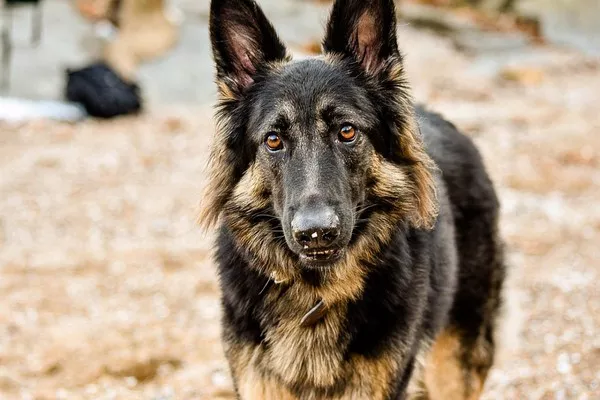Alaskan Malamutes are renowned for their majestic appearance, strength, and close ties to their Arctic heritage. As potential owners consider bringing an Alaskan Malamute into their homes, questions about their behavior and temperament often arise. One common query is, “Do Alaskan Malamutes bite?” In this article, we will delve into the factors that influence the biting behavior of Alaskan Malamutes, their natural temperament, and the importance of training in shaping their behavior.
Understanding Temperament
Alaskan Malamutes are a breed with distinct characteristics that stem from their history as sled dogs and companions to the Inuit people. Understanding their temperament is essential to addressing the question of biting behavior.
Independent Nature: Alaskan Malamutes are known for their independence. This trait, while reflective of their history as working dogs, can sometimes lead to stubbornness in training.
Friendly and Affectionate: Alaskan Malamutes typically exhibit a friendly and affectionate disposition towards their families. They are known to form strong bonds with their human companions.
Pack Mentality: Alaskan Malamutes have a pack mentality due to their heritage as sled dogs working closely with other dogs. This can translate into a strong desire for social interaction and companionship.
Protective Instincts: Like many other breeds, Alaskan Malamutes may exhibit protective behaviors towards their families and territory. While this can be a positive trait, it may also contribute to defensive behaviors if not managed appropriately.
Biting Behavior: Causes and Prevention
Biting behavior in dogs can arise due to various factors, including genetics, socialization, training, and individual personality. While Alaskan Malamutes generally have a friendly disposition, any dog, regardless of breed, has the potential to bite under certain circumstances. Understanding the potential causes of biting behavior and taking preventive measures is crucial.
Puppy Socialization: Early socialization is essential in preventing aggressive behaviors, including biting. Exposing Alaskan Malamute puppies to various people, animals, environments, and experiences helps them develop confidence and positive associations.
Training and Obedience: Proper training is a cornerstone in preventing biting incidents. Alaskan Malamutes thrive when provided with consistent, positive reinforcement-based training methods. This helps establish a clear hierarchy and reinforces desired behaviors.
Managing Triggers: Identify potential triggers that might cause stress, fear, or discomfort in your Alaskan Malamute. By managing these triggers, you can minimize the likelihood of defensive behaviors that could lead to biting.
Supervision: Always supervise interactions between your Alaskan Malamute and unfamiliar people, especially children. This is particularly important during the initial stages of introducing your dog to new environments or situations.
Training Techniques for Bite Prevention
Effective training techniques play a vital role in preventing biting behavior in Alaskan Malamutes:
Positive Reinforcement: Reward-based training involves rewarding desired behaviors with treats, praise, or toys. This approach fosters a positive association with good behavior, encouraging your dog to make the right choices.
Basic Commands: Teaching basic commands like “sit,” “stay,” and “leave it” helps establish your role as the leader and provides guidance to your Alaskan Malamute in various situations.
Desensitization: Gradually exposing your dog to potentially stressful situations in a controlled manner helps them become more comfortable and less reactive, reducing the likelihood of biting.
Professional Training: Enlisting the help of a professional dog trainer can be invaluable, especially if you encounter challenges in training or behavior management.
Conclusion
While Alaskan Malamutes are not typically known for aggressive behavior, any dog has the potential to bite under specific circumstances. Understanding their temperament, socializing them from a young age, and providing effective training are key factors in preventing biting incidents. Responsible ownership, positive reinforcement-based training, and proper management of triggers will help you enjoy a harmonious relationship with your Alaskan Malamute, fostering a bond built on trust, respect, and companionship.
Recommended reading:


























